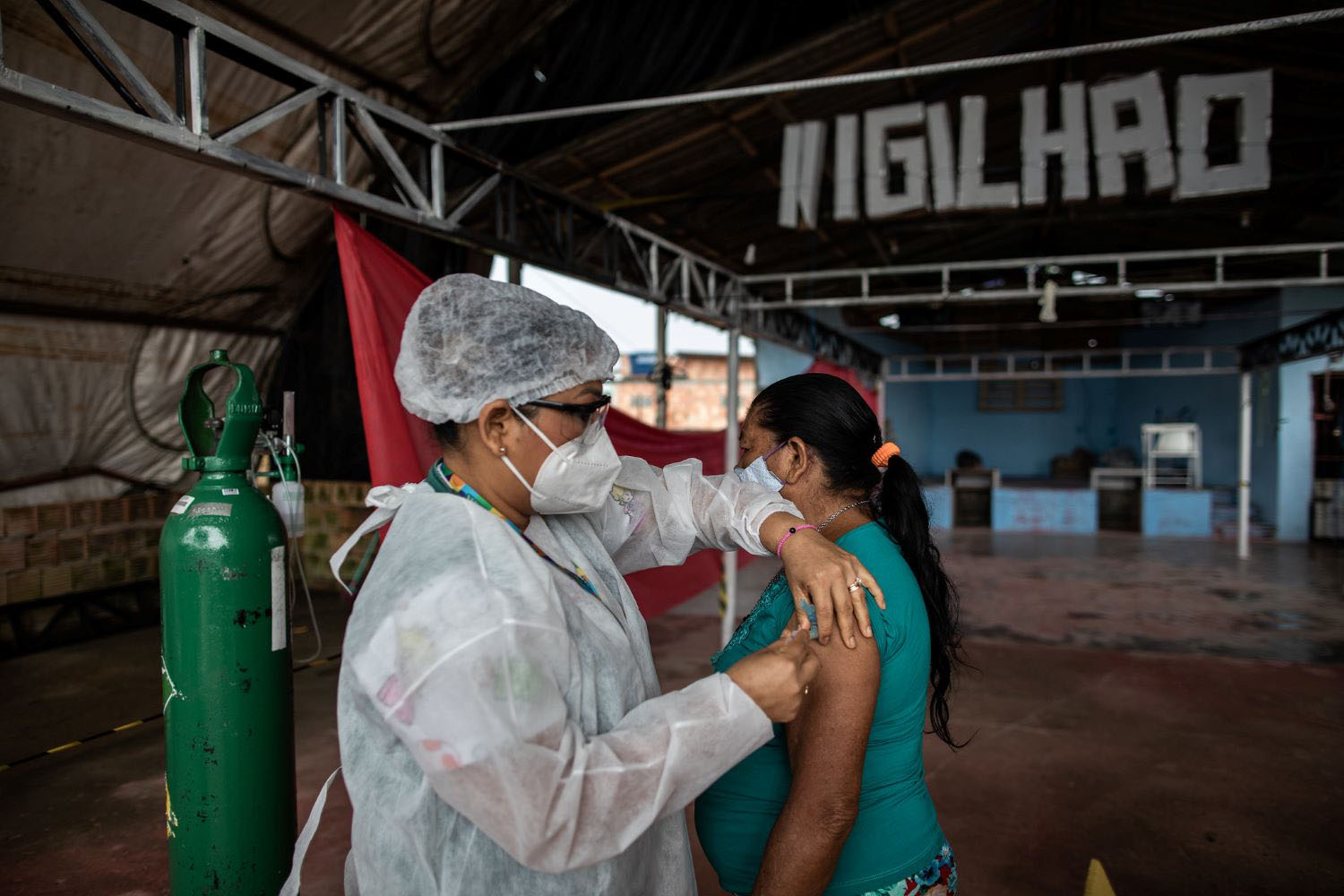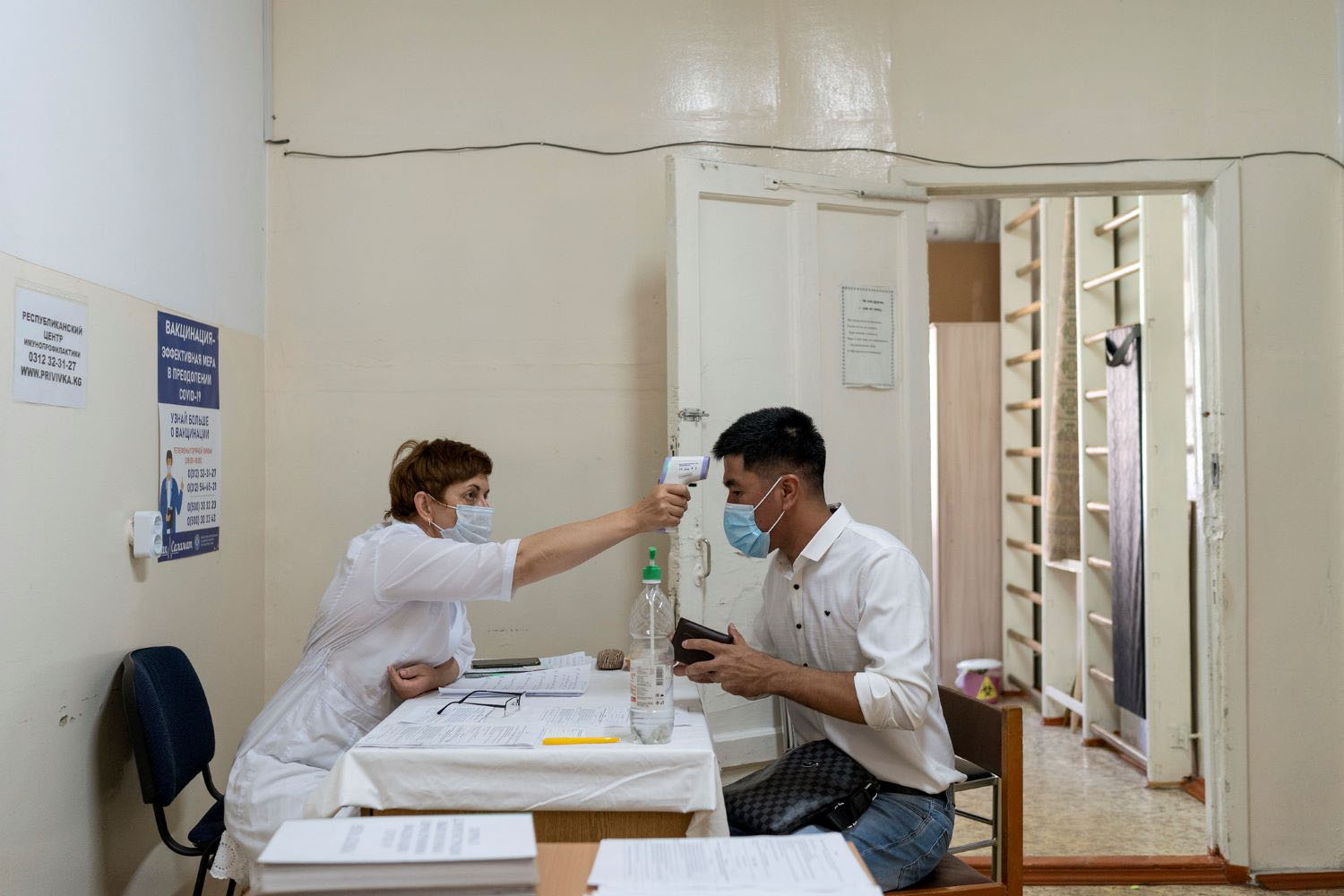This is a joint post with Tom BollykyNews this month that an experimental vaccine
cuts in half the risk of malaria in children in Africa is a welcome success story 20+ years in the making. It’s also a rare bright spot in the clinical trials labyrinth that stands between promising new medicines, vaccines, and diagnostic techniques and the one billion people in the developing world who suffer from one or more neglected diseases. Ninety other drug and vaccine candidates for neglected diseases are waiting in the pipeline for late stage clinical development. Under current arrangements, they will face lengthy, inefficient reviews in countries where the regulatory capacity ranges from weak to non-existent.
Funding from major donors such as the Bill and Melinda Gates Foundation, Wellcome Trust , Médecins Sans Frontières (MSF) and the World Health Organization has led to an upsurge in new products—including vaccines for diseases like TB, cholera and dengue fever. These funders now face huge costs in bringing the new compounds they helped to develop to market.Meanwhile, neglected diseases take a heavy toll. Malaria and TB alone kill an estimated 2.1 million people annually, nearly all in low-and middle income countries. Lesser known diseases, like human African trypanosomiasis, chagas disease, leishmaniasis, dengue fever and leprosy kill another half a million people.These diseases are most widespread precisely where the capacity to test new therapies is most lacking. To assure scientific validity, new compounds must often be tested in several countries, each with their own regulatory authorities and ethical review boards, which are often weak and lacking in transparency.What does it take to get a new treatment through the pipeline and into the hands of a patient who needs it? A 2008
article in the Lancet cited two examples where trials for TB treatments had been delayed by a year or more due to regulatory hurdles. One
trial needed approval from 18 authorities in six countries and was stalled for two years before patient recruitment could begin. Yet the primary drug in this study, Rifapetine, had already been
approved by the U.S. Food and Drug Administration (FDA) in 1998.Unfortunately, this story isn’t unique. In many countries where neglected diseases are endemic, approval of clinical trials can take as long as 6-24 months. For products that require multiple trials in different populations, subsequent application approvals may take an additional 6-24 months or longer. Approval for an amendment to a trial protocol can take up to four months in a low-income setting. In contrast, regulatory approval for trials in the United States and the European Union can generally be obtained within 30-60 days, and trial protocol amendments take only a few weeks.Long delays in protocol approvals raise costs, eroding the limited funding available to find cures for neglected diseases and bring them to market. According to a recent
report by the G-FINDER project, in 2009 the total global spending on TB drug development was just $180 million, with nearly eight out of ten dollars coming from public funders and philanthropic organizations. These scarce funds could go much farther with improved regulatory pathways and clinical trial protocols.We believe this is a problem that can be fixed. On Monday, October 31st, CGD will
release a new report,
Safer, Faster, Cheaper: Improving Clinical Trials and Regulatory Pathways to Fight Neglected Diseases. Prepared by a
CGD working group led by Tom Bollyky and comprising 22 experts from diverse backgrounds including medicine, law, ethics, government, industry, public-private partnerships, and international development, the report offers technically sound and politically feasible recommendations for overcoming the clinical trials labyrinth. We are delighted that FDA Commissioner Margaret Hamburg will kick off the event with a keynote speech.We hope that you can join us!
CGD blog posts reflect the views of the authors, drawing on prior research and experience in their areas of expertise.
CGD is a nonpartisan, independent organization and does not take institutional positions.





